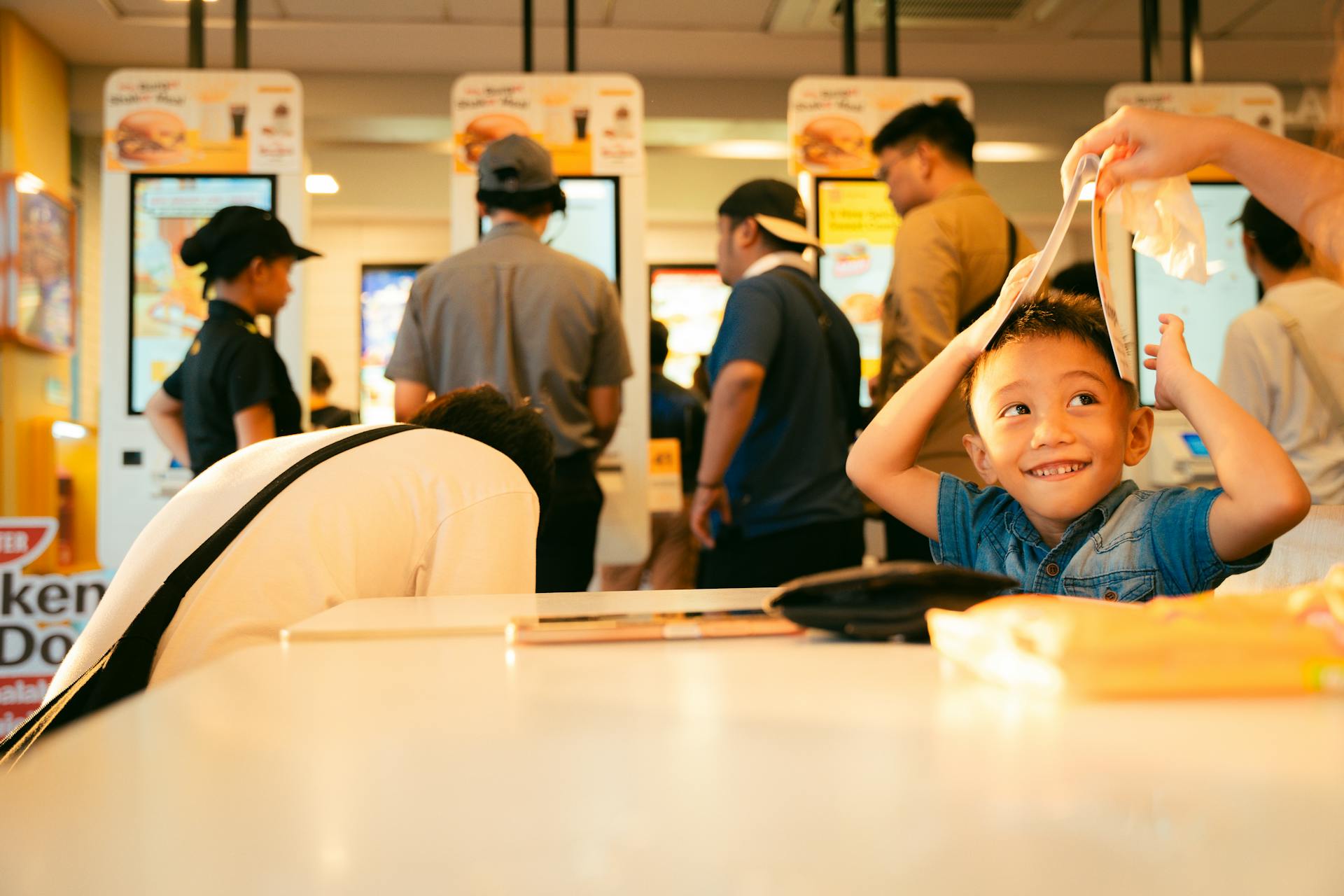During the pandemic, many Americans did what they could to support their favorite restaurants. Now, however, many of these same consumers who were sympathetic to a struggling industry are fed up with the lack of quality service.
As the industry struggles to hire good workers, it’s becoming more of a struggle to provide customers the type of service they demand – namely, a human touch.
“As technology continues to become an invaluable tool for restaurant operators, managers must teach their staff that human engagement with customers is still the top priority,” Phil Probert, VP of growth at Craftable, told The Food Institute.
“When patrons sit down at a restaurant, their experience begins. Servers set the tone for the meal.”
Times Have Changed
During the pandemic, social distancing was essential and dining became quite transactional. Instead of speaking with a real person, ordering online or over the phone became increasingly common. Instead of enjoying a leisurely lunch in a cozy booth, it was often a quick pick-up through a glass window.
“We know that people are becoming choosier about where and when they want to visit a restaurant, so it’s all the more important now to keep the customer and their experience the top priority,” said Matt Eisenacher, senior VP of brand strategy and innovation at First Watch Restaurants.
They miss interacting with servers. They miss quality service. According to a recent New York Times article, people want to feel like welcome guests again, and many restaurants just aren’t delivering.
“It is important to really understand your customer. They’re the heroes of this story. It is important that you and your entire team work together to create an experience that solves a problem and meets a need for your customers,” Jennifer Galbraith, president of Alestra Marketing, told The Food Institute. “Are they looking for fast service for their busy days? Are they looking for a luxury experience for a special occasion? It’s important to focus on your customer as the hero and your restaurant as the guide to help them.”
Customer Service Suggestions
Restaurants must take careful steps to improve their customer service – especially during the lingering labor shortage.
“Hospitality is a crucial element of the guest experience and can serve as a differentiator for customers who have an abundance of choices in the fast-casual and QSR space. Pausing to greet each guest with eye contact and a smile (is key),” said Phil Petrilli, CEO of Untamed Brands.
Ryan O’Donnell, co-founder of Ballyhoo Hospitality, said that attractive employee benefits are key to getting quality staff. This includes health benefits and 401k matching. Beyond that?
“Provide ongoing culinary team training to ensure servers are knowledgeable about the menu,” O’Donnell said.
“Conduct communication huddles to discuss (the) playbook for various scenarios, to make each guest feel special and to ensure there’s a plan in place for who’s doing what before each shift.”
One way to reduce workers’ stress these days is through operational simplification.
“Employees want to do good work, but leaders can support them by reducing complexity everywhere,” Petrilli said. “This gives fewer staff (members) more time to focus on quality and the guest experience. Clear training, communication and expectations shared across the organization around service, food preparation and quality make it easier for teams to know how they can meet guest expectations.”
Ultimately, great customer service will impact the overall success of most restaurants.
“The more enthusiastic and genuine servers are, the more it’ll come through in their recommendations,” Probert said. “This, in turn, can lead to a higher bill and tip – a win-win for all.”
The Food Institute Podcast
While ubiquitous in Europe, the Nespresso brand has worked hard to make inroads in the U.S. market. How does the direct-to-consumer coffee company view the modern consumer, and how does it plan to continue its growth in the years to come? Nespresso vice president of marketing Jessica Padula joined The Food Institute Podcast to discuss the company’s history, its unique place in the coffee vertical, how it views loyalty, and how omnichannel offerings are key to its success.











